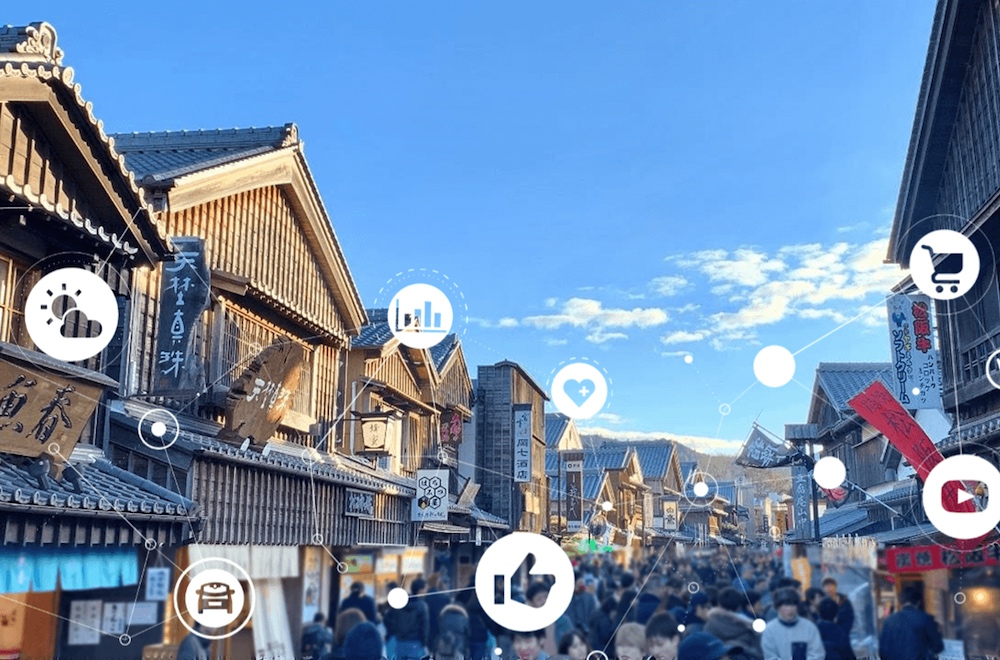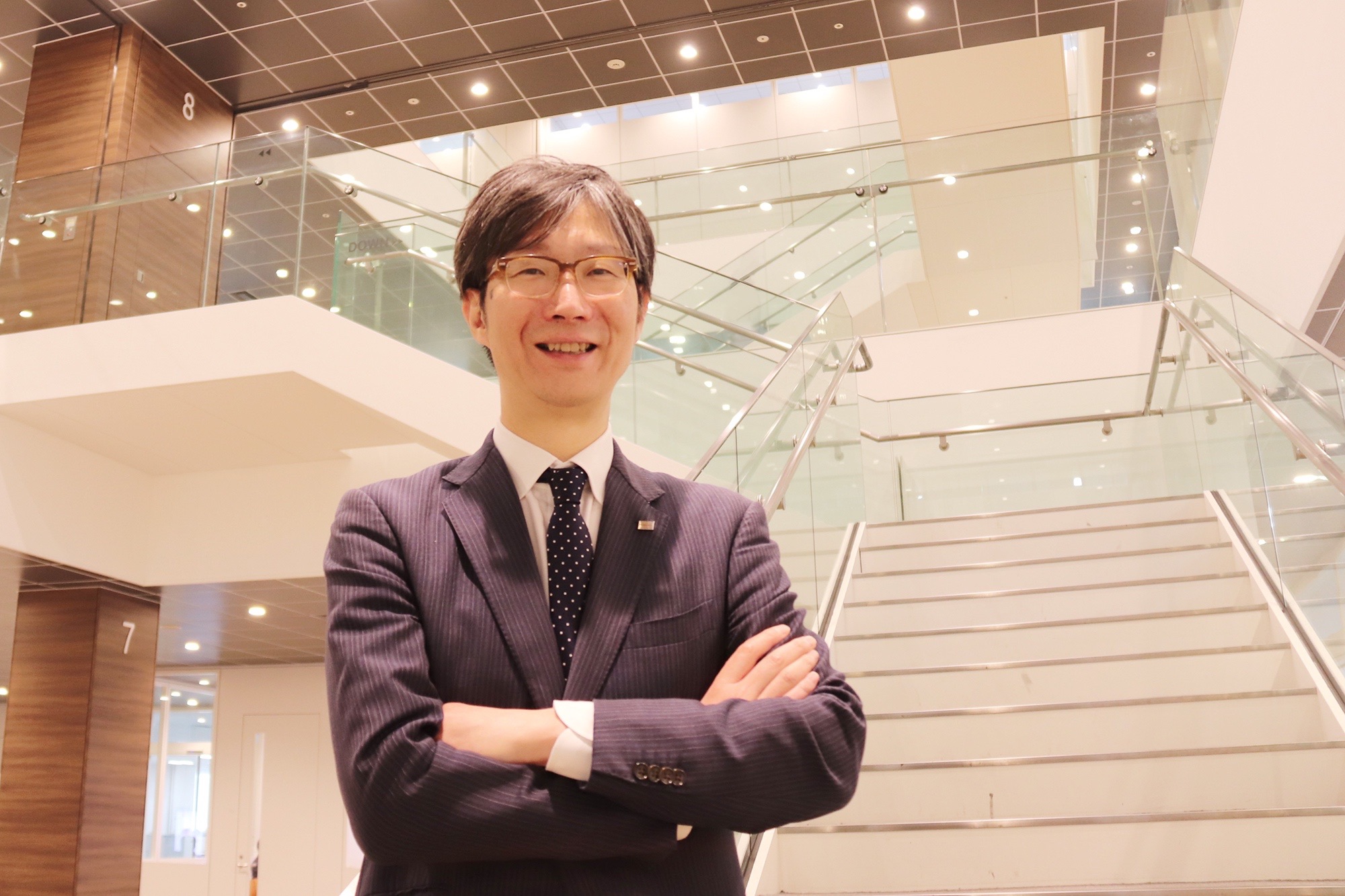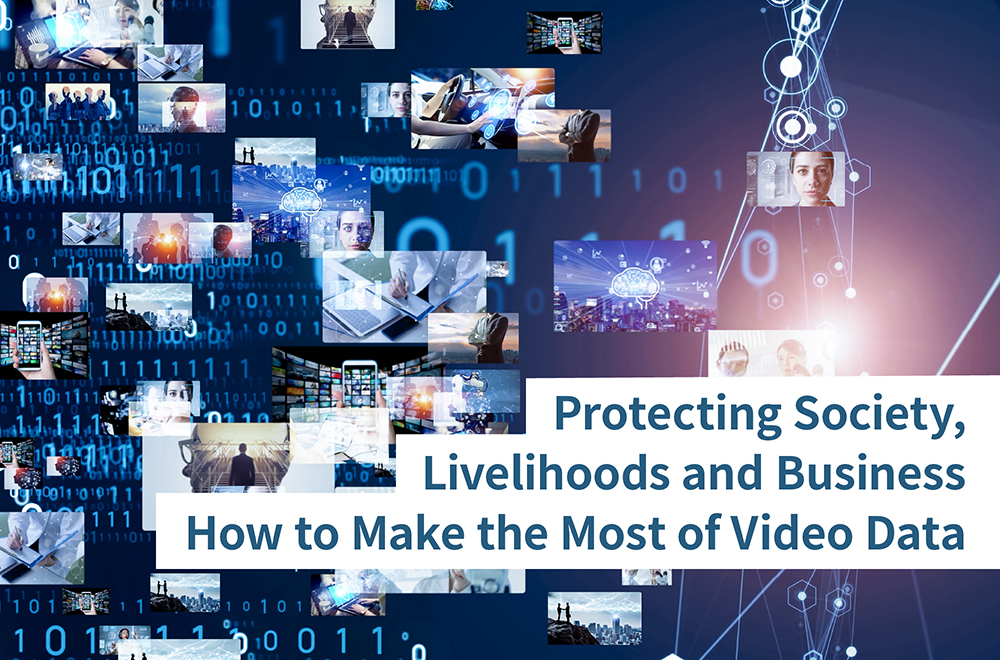Understanding the Challenges & Opportunities of Quantum Computing with Toshiba CDO Taro Shimada
2020/02/26 Toshiba Clip Team

With the emerging development of quantum computing comes a classic “good news/bad news” paradox.
The good news is that computer scientists and physicists across the globe, including teams at Toshiba, are edging ever closer to achieving the promise of quantum computing—which is expected to be able to process massive amounts of data at a fraction of the time required by supercomputers.
The bad news? The breakneck speed at which quantum computing can perform calculations means that the world’s most sophisticated and (currently) impenetrable public-encryption algorithms could be hacked by cyber-criminals.
Indeed, many observers, including Toshiba Corporate Vice President and Chief Digital Officer, Taro Shimada, believe that hackers are already employing a “harvest and decrypt” strategy. That means they are stealing data now, patiently waiting for quantum computing to be operational and then planning to break the code, thereby putting financial, health, military and other vital information at risk.
Fortunately, Shimada and other Toshiba leaders are keenly focusing on the enormous opportunity quantum computing will present the company and its customers while working to mitigate the associated risks that will emerge when the technology becomes operational, perhaps as soon as within a decade. In fact, Toshiba has developed, and will soon launch, a quantum key distribution (QKD) system that will enable cryptographic applications on fiber-optic computer networks.
To explore Toshiba’s positioning with respect to QKD, Shimada shares his insights and observations on the excitement—and anxiety—surrounding quantum computing.
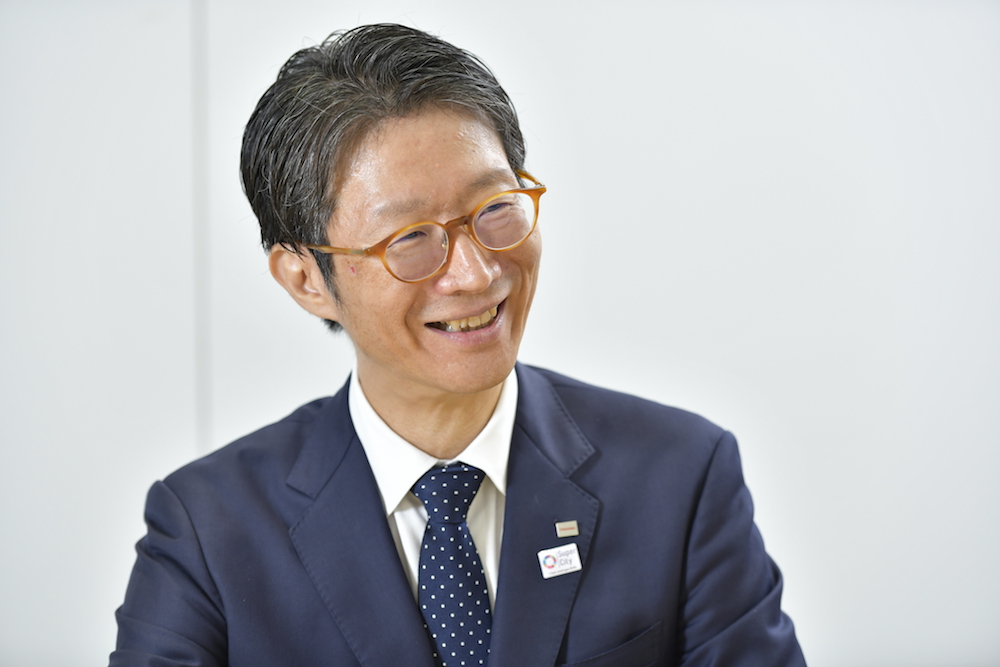
How would you define quantum key distribution (QKD)? Why is it important?
QKD is the ultimate way to ensure that no one can steal your critical information over a network.
The current encryption methodology and technique might be obsolete when quantum computing arrives. In fact, criminals are already stealing information, storing it and waiting for quantum computers to come around—and businesses, governments and citizens need to be prepared. Especially if their data has long-term value, such as (proprietary) designs, financial records and other sensitive information.
Today’s encryption is very difficult to hack, because it involves very hard-to-calculate mathematical algorithms. But quantum computing can do very fast calculations, and today’s encryption algorithms might be easily broken in the near future.
How does QKD work?
Just as quantum computing is based on the principles of quantum mechanics, so too is QKD. That is a critically-important attribute, because QKD includes safeguards that protect the manner in which quantum computing is employed to access, manipulate and generate insights from data.
Let me explain: Quantum key distribution, or QKD, is a form of quantum cryptography designed to secure the transmission of data to and from two or more parties over high-speed fiber-optic networks. The key to its effectiveness is that it uses photons, which are particles of light, to generate “keys” that secure encrypted data transmissions. These secret keys are randomly generated, and are safe from hackers because interference from an unauthorized third party will alter the composition of the photons; and that makes the randomly-generated keys inoperable.
Simply put, a criminal cannot steal the information. Further, Toshiba QKD technology can detect the fact that somebody is eavesdropping or attempting to steal information,
As you can imagine, this ability to provide hack-proof protection makes the presence of QKD quite valuable for those who will be relying on quantum computing in the future.
Are any industries in particular likely targets for Toshiba’s QKD solution?
A wide range of industries and market segments would find QKD to be very valuable, especially those requiring encryption or authentication of highly-critical or sensitive documents, messages or transactions.
Government military or espionage operations, financial institutions, healthcare facilities and companies with proprietary intellectual property are some of the many organizations that would potentially benefit from QKD. And the rapid adoption of high-speed 5G networking technology will heighten the need for this form of protection.
Indeed, many governments—including the U.S. federal government—are taking action to be prepared for the challenges and opportunities presented by 5G technology. Recently, the U.S. Congress authorized a $500 million Multilateral Telecommunications Security Fund that will support research to accelerate the adoption of secure equipment and networks. We hope that quantum cryptography like QKD will benefit from this and similar government-business collaborations.
How is Toshiba going to market with QKD?
Toshiba is becoming a more data-centric and platform-based company. I think this is a new paradigm for Toshiba; our competitors aren’t doing it.
The question is, can we build an actionable QKD business model? Our classic way of doing business has been to sell hardware. But the real value in delivering QKD is the quantum key itself, so we’re going to create more of an “as-a-service” type business. That’s because the value of protecting data is 10% hardware, with the rest coming from services, software and integration.
Last year, Toshiba announced a partnership with Quantum Xchange, which is using our QKD technology to enhance capacity for the first quantum-secured network in the U.S. Do you expect similar alliances in the future?
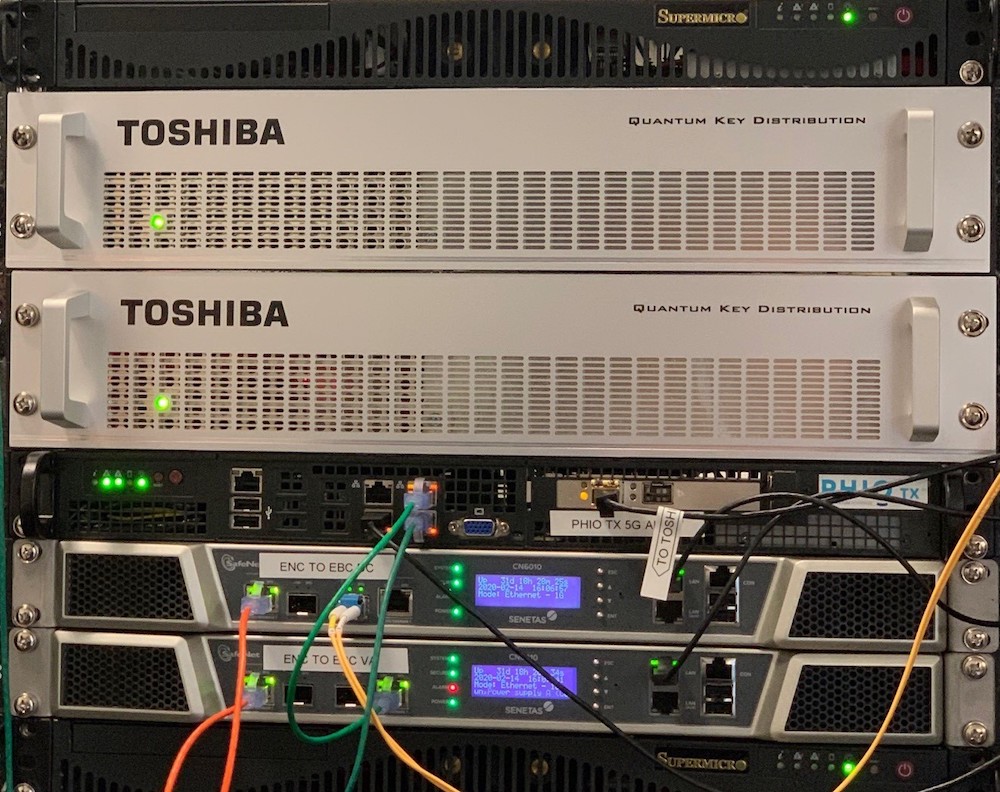
Yes. Creating as-a-service packages, is a really attractive business model for us. We won’t just supply the hardware and the maintenance, but because we actually own the QKD machines, we will get recurring revenue every time an encryption is made between two parties.
That is why it is so important for us to partner with leading network providers.
Joining Toshiba from Siemens K.K. in 2018 to strengthen the Toshiba’s digital transformation initiatives, Shimada brought nearly three decades of experience in Japan, U.S. and Europe in the areas of hardware development (ranging from aircraft and automobiles to precision machinery design and heavy industry) and in product life cycle management software. Recently, as a member of the Toshiba executive team, Shimada assisted in establishing the ifLink Open Community, a platform that allows product developers to bring the capabilities of IoT to a wider range of user-first applications, and the launch of Toshiba Data Corporation which he will lead.
The son of a shop owner who encouraged him to become a salesman, Shimada instead sought a career in engineering. However, he admits, over time he assumed responsibilities as a digital strategist that focused on exploring new business growth opportunities—as he is now doing for Toshiba.
“I’ve become a salesman after all,” he said with a laugh.
![]()
Related Links
*This section contains links to websites operated by companies and organizations other than Toshiba Corporation.
https://www.toshiba.co.jp/qkd/en/index.htm
https://www.reuters.com/brandfeatures/road-to-a-new-day/stopping-cyber-network-communication-attacks





